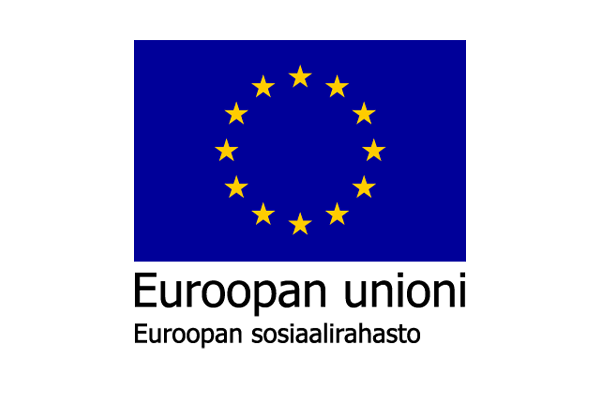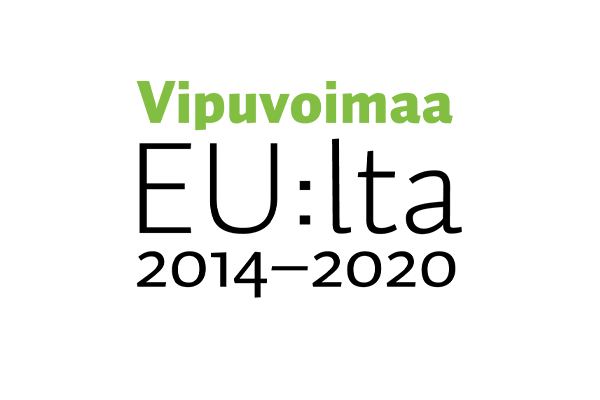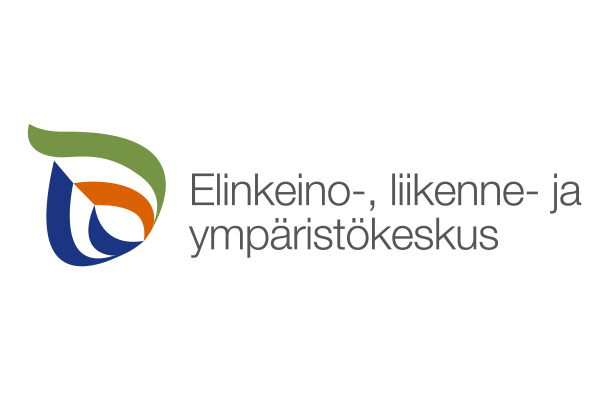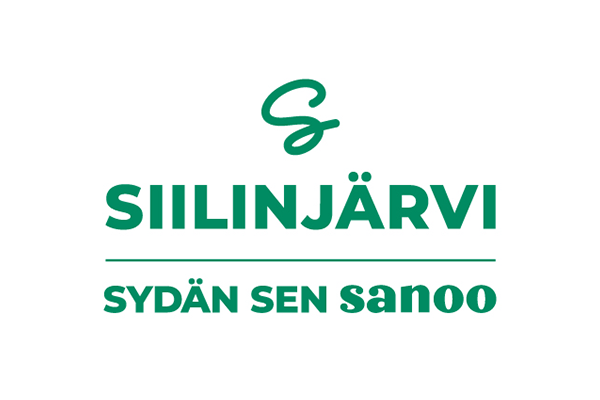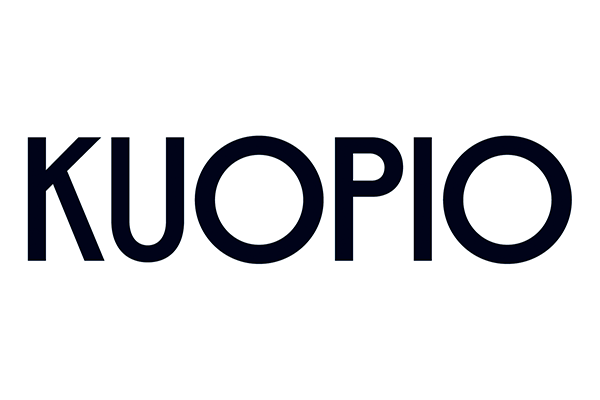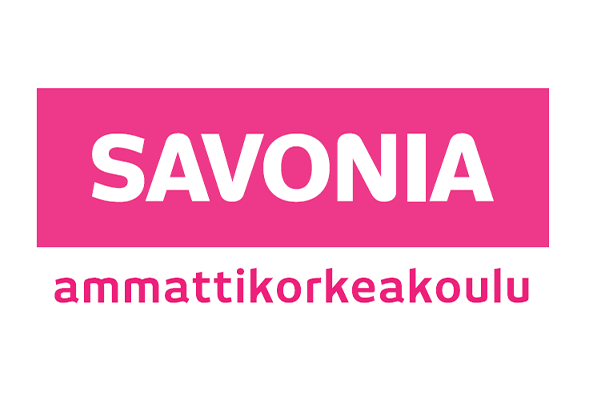Core Issue: Linguistic accessibility in social services and health care
Transitions such as globalization, digitalization and aging population have changed the nature of work in social
services and health cares. The social service and health care organisations and professionals have recognized the
need to develop interactional skills along with other competencies in order to guarantee services that are accessible to customers with diverse linguistic resources.
The professionals meet linguistically vulnerable customers from a variety of backgrounds, with diverse communicational resources in their everyday work. The goal of this project is to provide the professionals with possibilities to acquire knowledge and skills with which to better linguistic accessibility in both face-to-face and digitally mediated interactional situations.
In the project, the professionals of the partner organisations will join the concrete actions that aim at making services and environments linguistically accessible. The accessibility will be assessed by the customers that are linguistically vulnerable.
The goal of the project is to equip the professionals with such skills that promoting and developing linguistic
accessibility will become natural part of their work in the future.
In the project, a variety of training material and tools for competence development will be created.
The project consists of the following work packages:
1) Workshops that offer concrete tools for developing one’s interactional skills for meeting customers with
diversecommunicational resources. The themes of the workshops are tailored to suit each partner organisation.
2) Workshops on digital services and accessibility, e.g. how to implement the EU Accessibility Directive when
designingnew digital services.
3) Mapping problems and developing linguistic accessibility of crucial, concrete places (e.g. a reception).
4) Testing linguistic accessibility in social services and health care by the test group that consists of people withdiverse
linguistic backgrounds.
5) Producing educational and orientation material such as videos and podcasts on linguistic accessibility for new
employees.
6) Creating a competence map and a development tool for the social and health sector
In addition, activities and results will be communicated throughout the project, and digital health services will be benchmarked when creating contents. The project seminar plays a significant role in presenting project information and results.
Objectives
The goal of this project is to provide the professionals with possibilities to acquire knowledge and skills with which to better linguistic accessibility in both face-to-face and digitally mediated interactional situations. The goal is achieved, among other things, by organizing trainings and various concrete development measures for target groups.
In the project, open training material and tools will be created, which can be used for competence development on a wider scale in the future. With the help of the materials, social and health workers can independently develop and update their skills in the areas of linguistic accessibility, such as the use of easy language and interpretation services and the use of graphic communication in interaction situations.
The goal is that social and health workers can themselves influence linguistic accessibility in the future in their work environments. The goal of the project is also to equip the professionals with such skills that promoting and developing linguistic accessibility will become natural part of their work in the future.
Social and health services deal with people in a linguistically vulnerable position in different ways. The project involves these people in the development activities of the project throughout the project. The importance of this test group in the different phases of the project work is recognized and highly valued.
| Duration (päivämäärinä): | 01.02.2021 – 31.12.2022 |
| Project manager: | Tanja Gavrilov |
| Email: | tanja.gavrilov@humak.fi |
| Partners: | Savonia University of Applied Sciences, City of Kuopio, Municipality of Siilinjärvi, |
| Funder: | EU: ESR -rahoitus |
| Budget: | > 100 000 – 300 000 euroa |
| Website: | Linkki |
